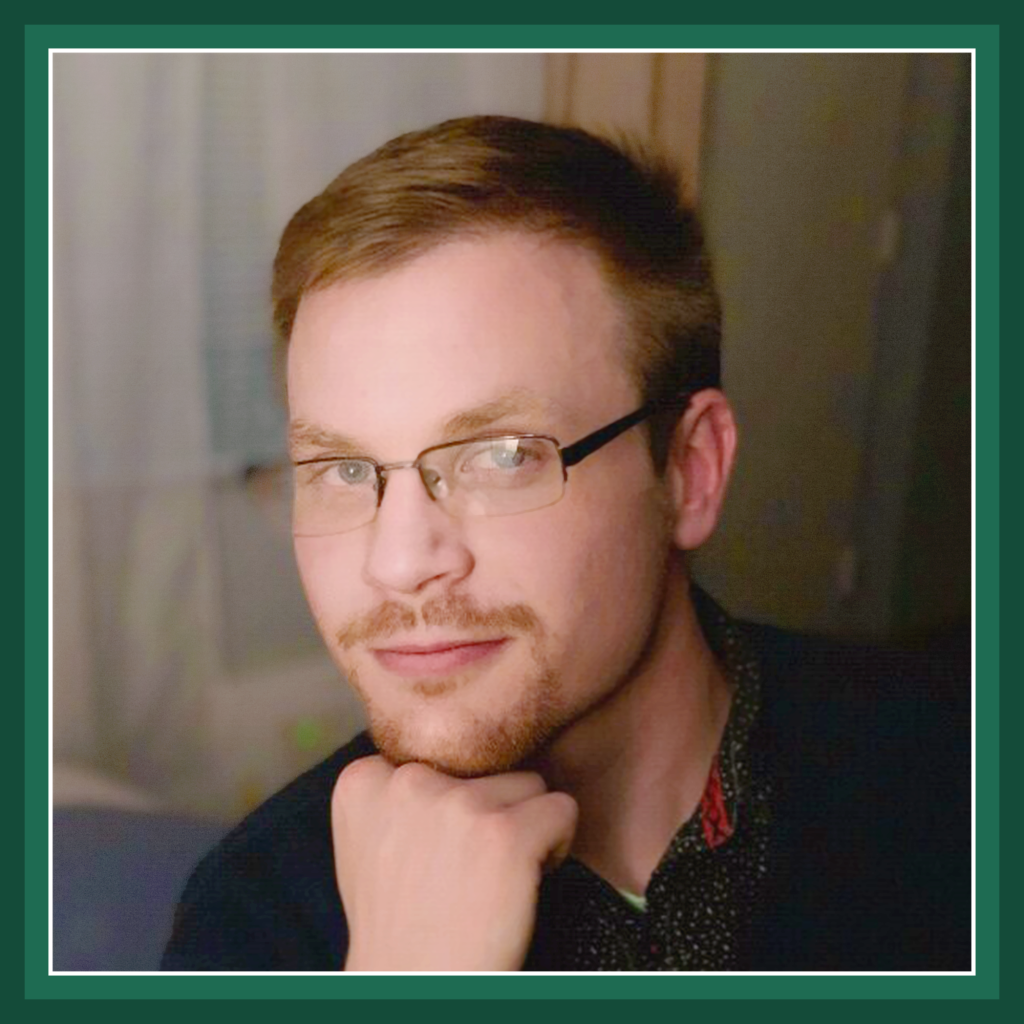O’Neal NextGen Award Winner, Michael Franks, speaks about both his budding career as a cancer researcher and the oncological potential of NK cells
The road to success is rarely direct, as fourth-year UAB graduate student Michael Franks can attest; Franks is the winner of the 2024 Jacob Baker NextGen Scholar Award for his research project, “Stem-Like Memory NK Cells Contribute to Improved Outcomes in Oncolytic Virotherapy of Glioblastoma.” Though the road to earning this grant was both difficult and far from direct, Franks believes his work holds real promise for the future of cancer care.

Originally, Franks’s career plans weren’t in medicine at all. Early on in his undergraduate education, he was interested in anthropology, but one particular class led him to change his trajectory completely.
“I took a microbiology course, and it really got me interested in biology, especially microbiology,” Franks says. Transferring to UAB, he concluded his undergraduate degree in biomedical sciences, developing an interest in both immunology and physiology all the while. While pursuing his master’s degree in biotechnology, Franks found his calling – cancer immunology. “I really wanted to be a part of that field, developing these cancer immunotherapies, because they sounded so creative and innovative,” he explains.
Under the mentorship of Jianmei Leavenworth M.D., Ph.D., Franks was able to hone his focus down to natural killer cells, or NK cells, which are white blood cells that act as part of the innate immune system. NK cells target infected or damaged cells, including both virus-infected cells and cancerous cells, before they can create larger health problems. Furthermore, recent research reveals that some NK cells appear to demonstrate memory responses, leading Michael Franks to believe that NK cells that exhibit this behavior hold the key to treating potentially devastating cancers like glioblastoma.
“We know that these oncolytic viral therapies are very promising, but how exactly they modulate the immune response isn’t well understood,” he says. “My goal is increasing our understanding of how oncolytic viruses direct the immune system to kill cancer, and the focus of my project is on its long-term impacts on NK cells.”
Operating out of Leavenworth’s lab and in-conjunction with James Markert, M.D., MPH, results so far have been promising. Franks notes that NK cells seem to demonstrate a wider, more dynamic array of behaviors than what he initially expected.
“Not all of the NK cells are necessarily doing the same job,” Franks says. “One might be secreting cytokines. One might be doing a cell-to-cell killing response. One subset might be more memory-like. That’s kind of what I mean by dynamic; they’re just not a one-note cell type.” However, work remains to be done, and Franks gestures towards eventually moving from studying how NK cells fit into innate immune responses to studying the relationship between NK cells and adaptive immune responses to potential tumors. “I do think that this goes beyond glioblastoma and that there’s a lot still to be discovered, as far as utilizing NK cells effectively for cancer immunotherapy,” he says.
The road for Michael Franks thus far has been winding, and the way ahead isn’t necessarily easy either. Between balancing his workload alongside handling trials at home and daily responsibilities, life keeps Franks busy.
“The world doesn’t stop while you’re doing your Ph.D.,” he admits, but Franks doesn’t let the challenge of his task deter him. “I want to keep looking at these long-lived NK cell subsets. I feel that NK cells are going to play a big role in a variety of cancer immunotherapies for a variety of cancers.”
—Mackenzie Sexton




